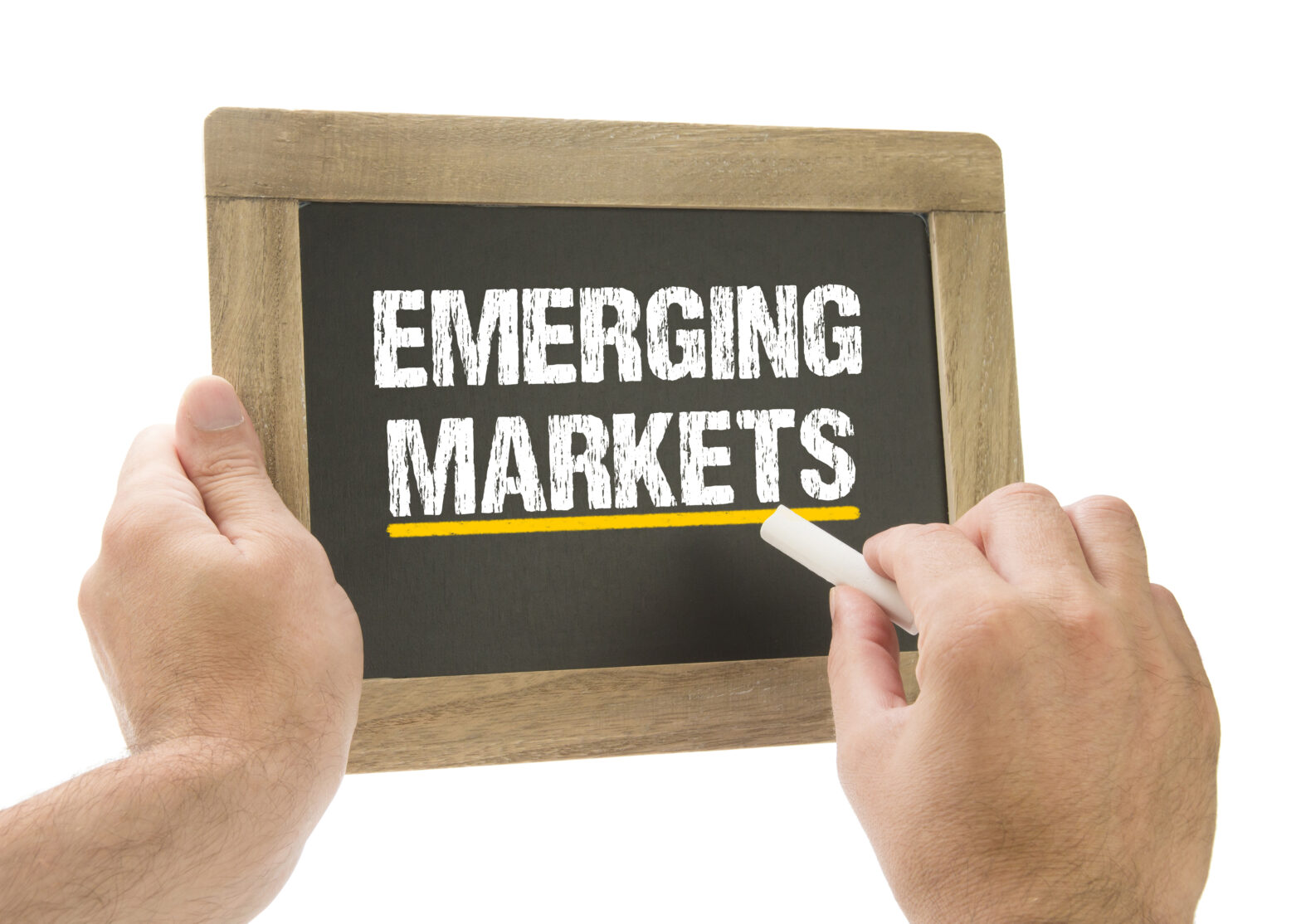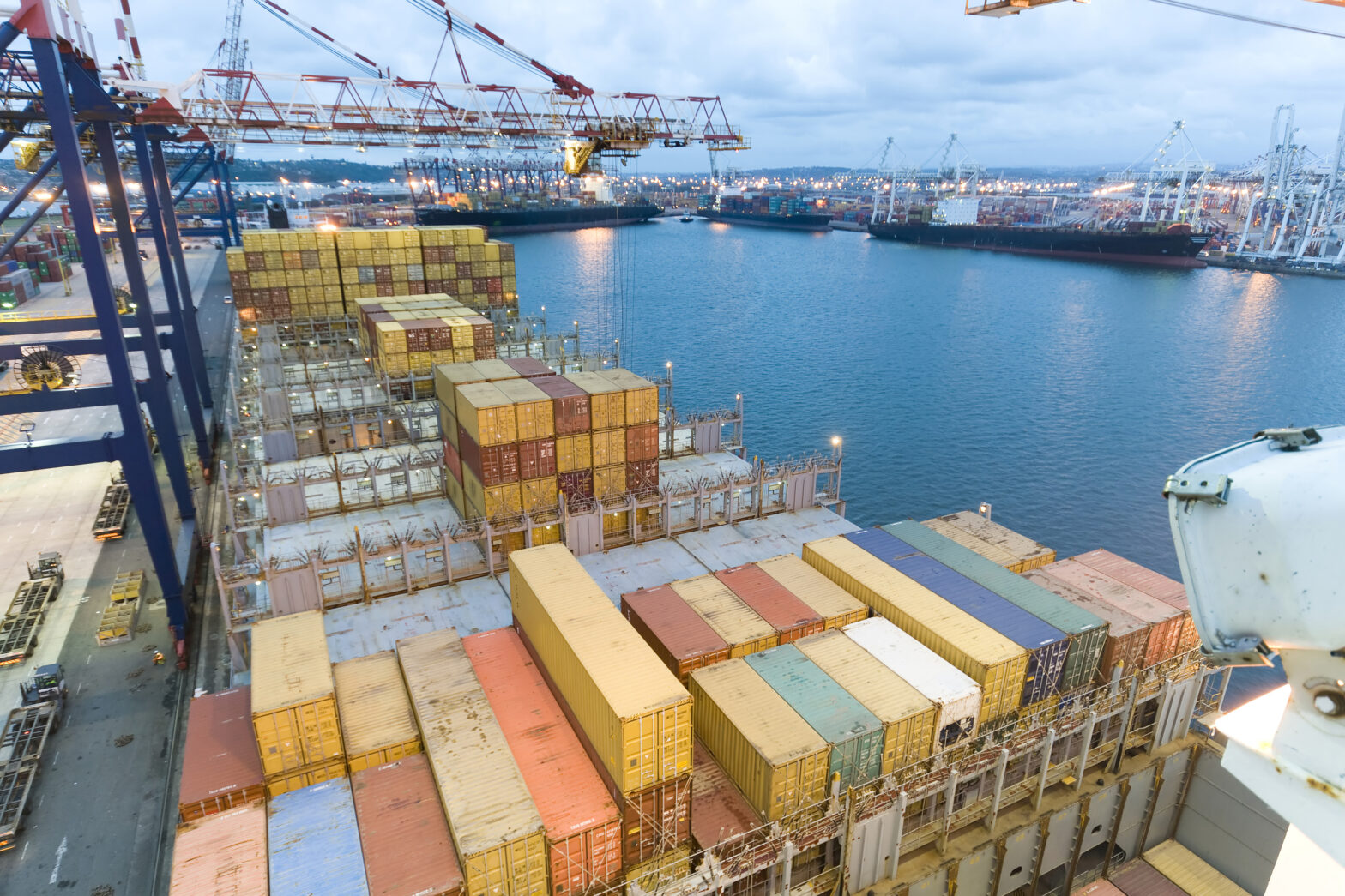The expectation of more protectionist regulation under Trump in the US is contributing to a bullish approach to emerging markets, particularly in Asia. This is one view expressed at the prestigious Finance Workshop hosted on Lake Como by the leading Italian think tank, The European House – Ambrosetti.
In a panel discussion entitled What are the most promising emerging markets?, panellists pointed out that the US may be about to repeat mistakes made in markets which have lagged on the world stage. The fiscal stimulus of $1 trillion promised by the Trump presidency can be compared to a similar policy in Japan, where the impact on GDP growth has not been high.
Some members of the panel suggested that innovation will be the biggest driver of growth. Technology investments in the Chinese market, for example, are taking it through the same transition from quantity to quality that was followed in Japan, Singapore and Taiwan.
Yet it was suggested that despite the advantages of human capital, financial investment and technical innovation, the lingering infrastructure gap in Asia is still an issue. Natural resource scarcity is a cause for concern in China and may affect other emerging markets as supply and demand imbalances and rapid urbanisation starts to bite.
Dr. Linda Yueh, fellow in economics at the University of Oxford and adjunct professor of economics at the London Business School, who was a member of the panel, comments, ‘Speaking alongside the Saudi central bank governor, an Iranian banker, and other experts, I found the range of insights from our panel to embody both breadth and depth in terms of new investment possibilities in emerging markets. After all, most of the new entrants into the global middle class will come from these new markets.’
Valerio De Molli, CEO of The European House-Ambrosetti, adds, ‘Despite global and European pressures, there are certainly some signals of optimism. According to the International Monetary Fund, global GDP will grow this year by 3.4 per cent, and it will accelerate to 3.6 per cent in 2018. A session like this one helps to identify where we should look for growth in the future and what challenges we have to overcome to ensure global competitiveness.’
Other panellists included Andrew Sheng, distinguished fellow of the Asia Global Institute at the University of Hong Kong, chief adviser to the China Banking Regulatory Commission, and a member of the International Advisory Council of the China Investment Corporation, the China Development Bank, the China Securities Regulatory Commission and the Securities and Exchange Board of India; Dambisa Moyo, economist and author who is board member at Barclays Bank, SABMiller, and Barrick Gold and one of TIME Magazine’s 100 Most Influential People in the World.





